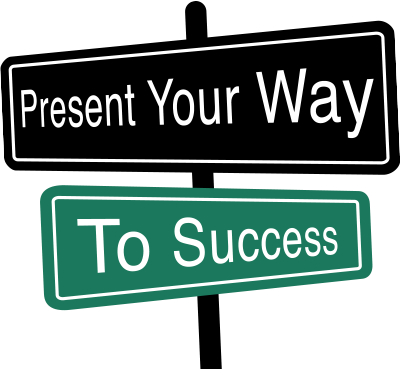The Question Presenters Should Never Ask

As a presenter, you’ll find, questions constitute a wonderfully flexible and empowering tool. Questions help keep your audience members alert and receptive, initiating discussion and clarifying complex concepts. Questioning helps listeners match information they already know with the new information you’re providing. Most important, questions allow you to facilitate and lead, rather than travelling alone along a one-way street, hoping others are keeping pace.
In fact, for a truly effective and interactive presentation, never relegate questions to the end, instead making them a part of the dynamic throughout your time with your audience. Needless to say, you should be prepared, as part of being the leader in the room, to not only pose questions to the group, but to field questions from individual participants. Ironically, the very worst thing you as a speaker can do is wait until the very end, then ask “Are there any questions?”
When presenting in a virtual setting, where your image is concentrated in that two-dimensional “box” on viewers’ screens, asking and fielding questions of the right kind – and in the right way – becomes more important than ever. To elicit answers to thought-provoking questions, you might try different approaches, including:
- Taking a poll, with participants posting their responses in the “Chat”
- Asking for a show of hands in response to an opinion question
- Dividing into virtual “breakout rooms” to share responses (asking one participant from each room to report on the discussion results)
But, whether your presentation is in-person or virtual, you might find the following guidelines for using questions helpful:
- Don’t be afraid of silence – allow five to seven seconds after posing a question. If you wait patiently, answers will be offered.
- After using a yes/no (closed-end) question, ask what participants think the reasoning was behind the response.
- Avoid “filler” questions such as “Are you with me?” “Is that clear?”
- Thank each respondent; be careful not to discount or disparage any response offered by an audience member.
Yes, questions constitute a wonderfully flexible and empowering tool presenters can use to facilitate learning. As you plan your presentation, get ready to post questions to your listeners as well as to field questions from them. Open-ended and closed-ended questions each have their uses. The magic is that, as you become skillful in using questions as a presentation tool, you’re likely to find yourself learning new things along with your audience!
As a presenter, there’s really only one question you should never ask – “Are there any questions?”









